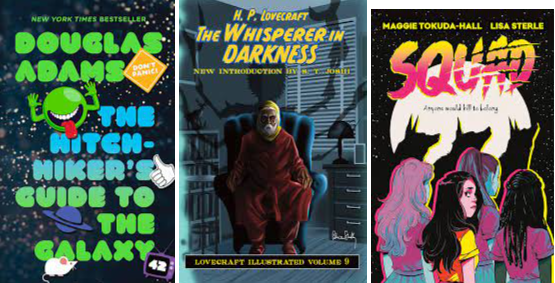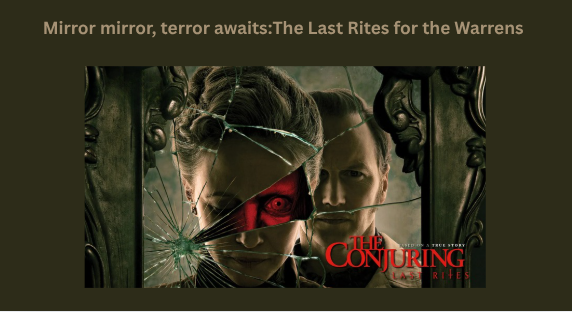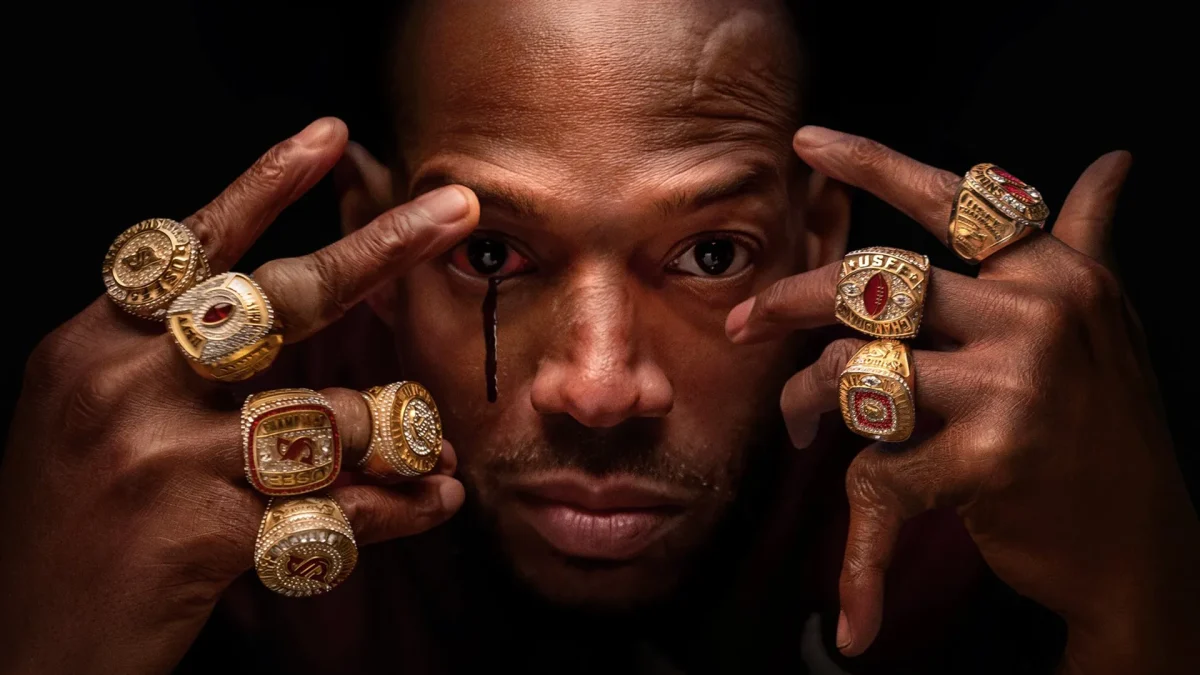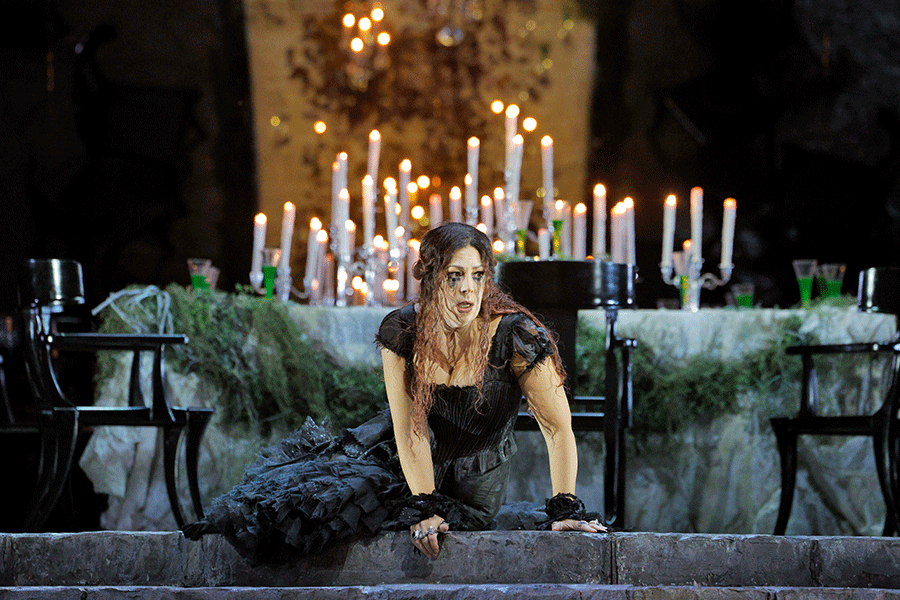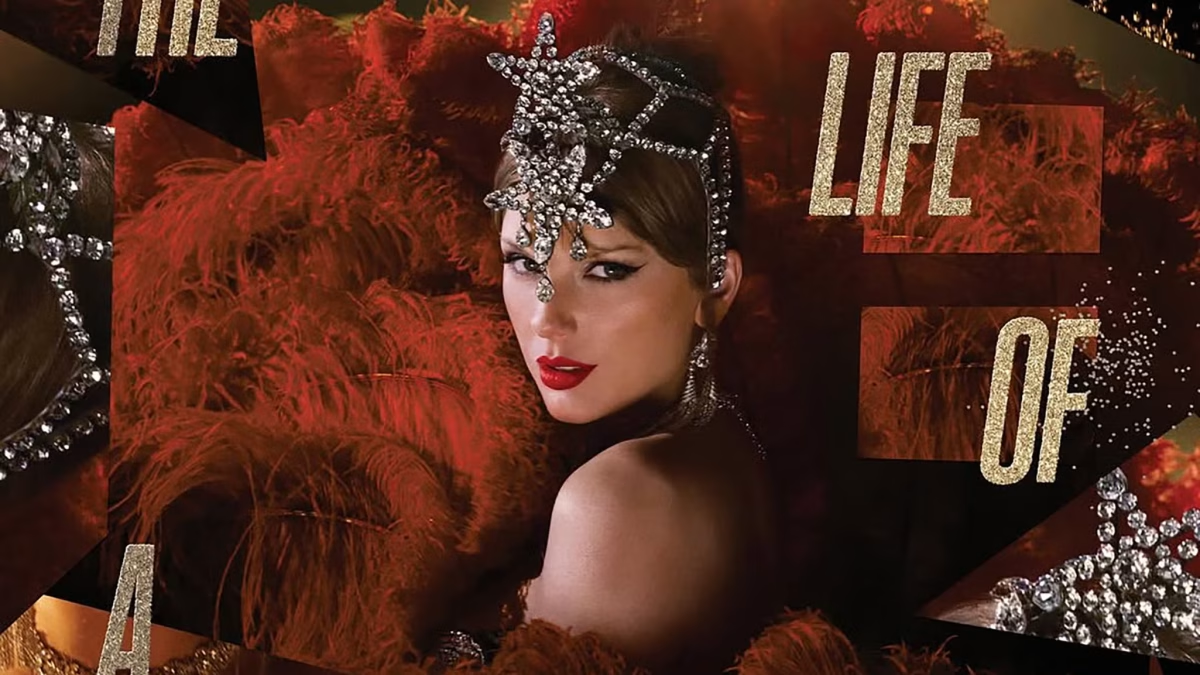At Niles North, English classes put a wide number of incredible texts into our hands. I personally was transformed by reading Octavia E. Butler’s Kindred in American Literature and Composition last semester. And yet, when the school day ends, students often put down their books. Not many students read for fun in their free time.
Of course, other forms of storytelling aren’t worse or less fun than books. But reading activates the imagination–authors arrange words and craft descriptions to inspire, entertain, educate and ask questions of the audience as much as a film or TV series. Anything your favorite movie can do, a book can do with no special-effects budget.
With Spring Break barreling headlong towards us, Vikings are about to have much more time on their hands for recreational reading. Allow me, then, to recommend three personal favorites of mine, all overlooked in NN English classes. These stories taught me how funny, exciting, and thought-provoking books could be. May they electrify your mind as much as they did mine.
Funny –The Hitchhiker’s Guide to the Galaxy by Douglas Adams
In the first book of Douglas Adams’ famous sci-fi/humor series, Englishman Arthur Dent gets two rude awakenings: a) his friend Ford Prefect is actually an alien and b) Earth is about to be destroyed to make room for an interstellar expressway. Ford and Arthur are the only two survivors of Earth’s destruction, hitching a ride on the ship that demolished Earth. From there, they become wrapped up in an interstellar adventure, guided by The Hitchhiker’s Guide to the Galaxy–a comprehensive electronic handbook on the zaniest corners of the universe.
Hitchhiker’s cast are hilarious in themselves. (A morose alien tortures Ford and Arthur with execrable poetry that ends, “Or else I shall rend thee in the gobberwarts with my blurglecruncheon,/See if I don’t”.) However, uniquely among writers, Adams uses exposition and worldbuilding to create humor–chiefly using entries from the Hitchhiker’s Guide, such as a discussion of how a certain alien fish counterintuitively proves there is no God.
Exciting –The Whisperer in Darkness by H.P. Lovecraft
This might be the oldest recommendation on this list. (Plus, the author was famously racist, and it shows at times.) But for those willing to investigate anyway, Lovecraft’s novella is an anonymous New England college professor and occult nerd. Following the appearance of bizarre, alien corpses floating down a local river, the narrator strikes up correspondence with one Henry Akeley, a local recluse who shares his outré tastes. Initially, Akeley writes of being threatened by mysterious beings. Then, abruptly, he does a one-eighty, claiming that he has established good terms with the creatures. Indeed, they have provided him with incredible secret knowledge, which Akeley invites the narrator to his remote home to share with him. Though the prose can be overly romantic (and for most readers, may require having a dictionary on hand), TWiD has all the terrifying mystery of a Slenderman story. Up until the end, conflicting information will keep you guessing about the creatures’ endgame, and whether they are really on the level.
Thought-Provoking – Squad by Maggie Tokuda-Hall
In this graphic novel (available at the Niles North library), Becca is the new girl at a fancy prep school. She is taken under the wing of a clique of popular girls–who just so happen to be werewolves, and who turn Becca into one, too. So far, not so bad–at least, until it transpires that the girls like to clandestinely wolf out and kill their predatory male peers at parties. Before long, Becca is in over her head: the police start to investigate one of the clique’s murders, and internal discord grows within the clique.
The book presents an unflinchingly honest portrayal of how women are treated in American society–forced to use relationships with men as social cache, while having to endure their creepy behavior with no real hope of justice. Were the girls right to kill boys who took advantage of them and others? Did they have any other choice? And is Tokuda-Hall’s version of the werewolf lifestyle worth living? None of these questions have easy answers, making for a fascinating examination of womanhood that may leave male readers questioning how they behave around their female peers.


